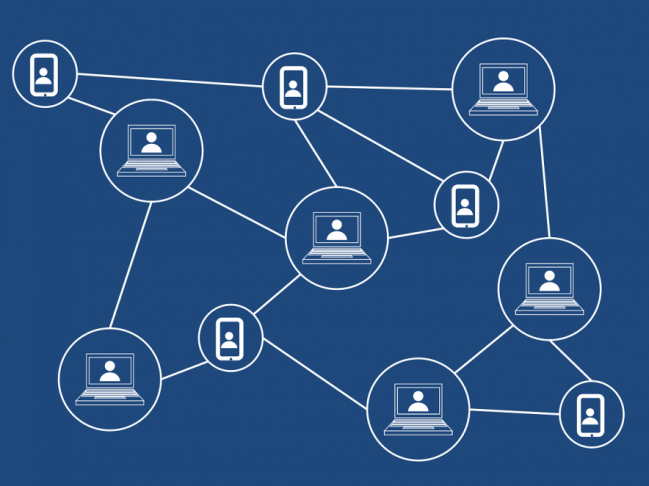
What is the Definition of Decentralized Finance? The Hazards and Benefits of DeFi
Nov 27, 2021, 5:24PMMany promises have been made by ardent supporters of cryptocurrencies and the blockchains that they run on that crypto represents emancipation.
To the crypto community, these technologies provide a means of escaping corporate control of the internet, government intrusions into personal liberty, poverty, and practically everything else that ails society.
However, the reality has mostly consisted of financial speculation with prominent cryptocurrencies such as bitcoin and dogecoin, which soar and plummet with frightening frequency to buy bitcoin in Dubai.
So, what are the benefits of cryptocurrency and blockchain?
Decentralized finance, often known as DeFi, is the first credible response to that topic, in my opinion as an expert on new technology. Financial services that run solely on blockchain networks rather than through middlemen such as banks are referred to as DeFi.
However, DeFi carries a number of hazards that developers and regulators must overcome before it can become widely adopted. The same can be said for stock trading, asset management, insurance, and pretty much every other type of financial service available today. Even when a financial technology tool like Chime, Affirm, or Robin Hood streamlines the transaction, banks continue to play the role of the middleman. This raises the cost of loans and limits the flexibility of borrowers.
DeFi flips this model on its head by reimagining financial services as decentralized software apps that run without ever touching user money.
Do you require a loan? You may acquire one right now by putting up some bitcoin as collateral. This generates a "smart contract" that locates your assets among others who have contributed to a pool of monies on the blockchain. There is no need for a bank loan officer.
Everything is powered by stable coins, which are currency-like tokens tethered to the US dollar in order to avoid the volatility of bitcoin and other cryptocurrencies to sell bitcoin in Dubai. And, rather than a bank or other middlemen getting a share, transactions settle instantly on a blockchain - basically a digital log of transactions that is spread over a network of computers.
The benefits of Traditional Financial Transactions
Traditional financial transactions can be more efficient, flexible, secure, and automated than transactions performed this manner.
Furthermore, DeFi blurs the line between regular customers and affluent individuals or organizations, who have access to a broader range of financial goods. A DeFi lending pool is open to anybody who wants to lend money to others. The risk is higher than that of a bond fund or a certificate of deposit, but the potential rewards are also higher.
And that's only the start. DeFi services may be merged and customized in practically infinite ways because they are based on open-source software code. They can, for example, automatically swap your assets between different collateral pools based on which ones are presently offering the highest returns for your investment profile. As a result, the fast innovation witnessed in e-commerce and social media may become the standard in previously conservative financial institutions. These advantages may explain why DeFi's expansion has been so rapid. Over $80 billion worth of cryptocurrency were trapped in DeFi contracts at the latest market top in May 2021, up from less than $1 billion a year earlier.
Users are largely seasoned bitcoin traders at the moment who grasp the distinctions when it comes to centralized vs. decentralized finance, rather than the newbie investors who have flocked to platforms like Robinhood. DeFi has only been attempted by 1% of bitcoin holders. Blockchains cannot eliminate the risks that come with investing, which are an unavoidable consequence of the potential for profit. DeFi can amplify the already high volatility of cryptocurrencies in this instance. Many DeFi platforms allow investors to use leverage, which allows them to borrow money to increase their profits while also increasing their risk of losing money.
Furthermore, no banking or regulator has the authority to return monies that have been sent in mistake. When hackers discover a weakness in the smart contracts or other components of a DeFi business, there isn't always someone to compensate investors. In the last two years, about $300 million has been stolen.
But they've barely scratched the surface of what could be necessary thus far. The internet has consistently undercut the bottleneck power of middlemen, from travel agencies to automobile sellers. DeFi is another example of how open-source software has the ability to drastically alter the game. However, in order to fully grasp the promise of this new financial ecosystem, both developers and regulators will need to improve their own performance.
Disclaimer: information contained herein is provided without considering your personal circumstances, therefore should not be construed as financial advice, investment recommendation or an offer of, or solicitation for, any transactions in cryptocurrencies.

















